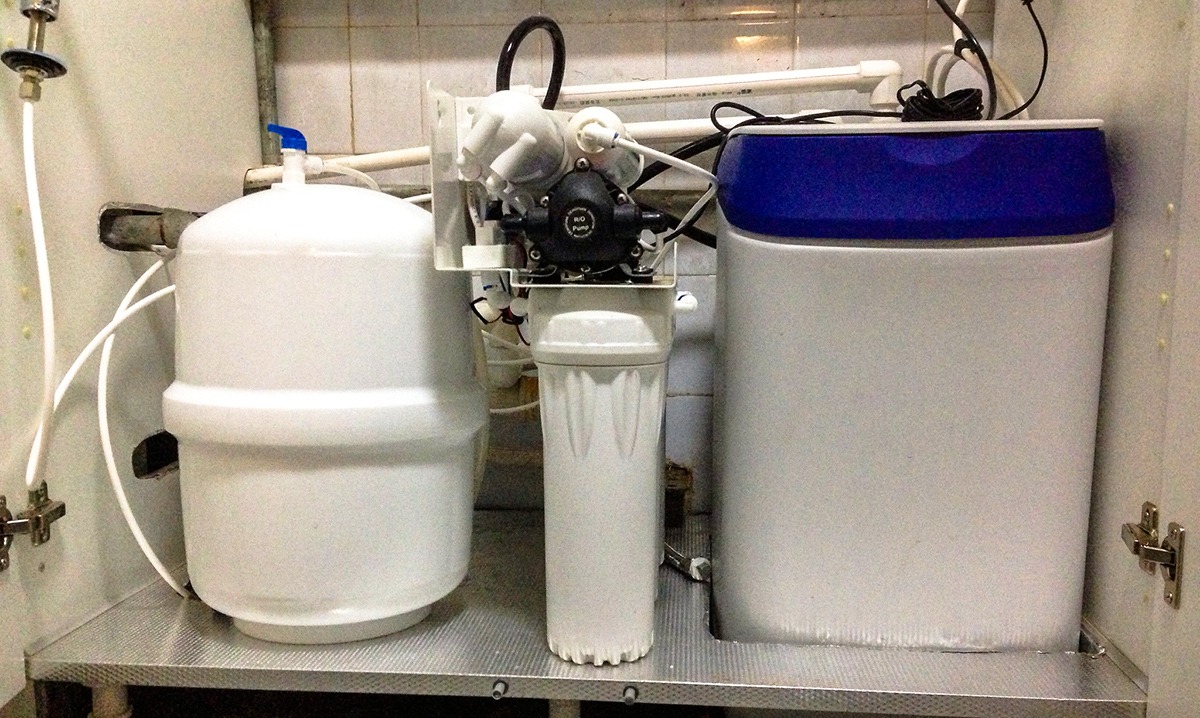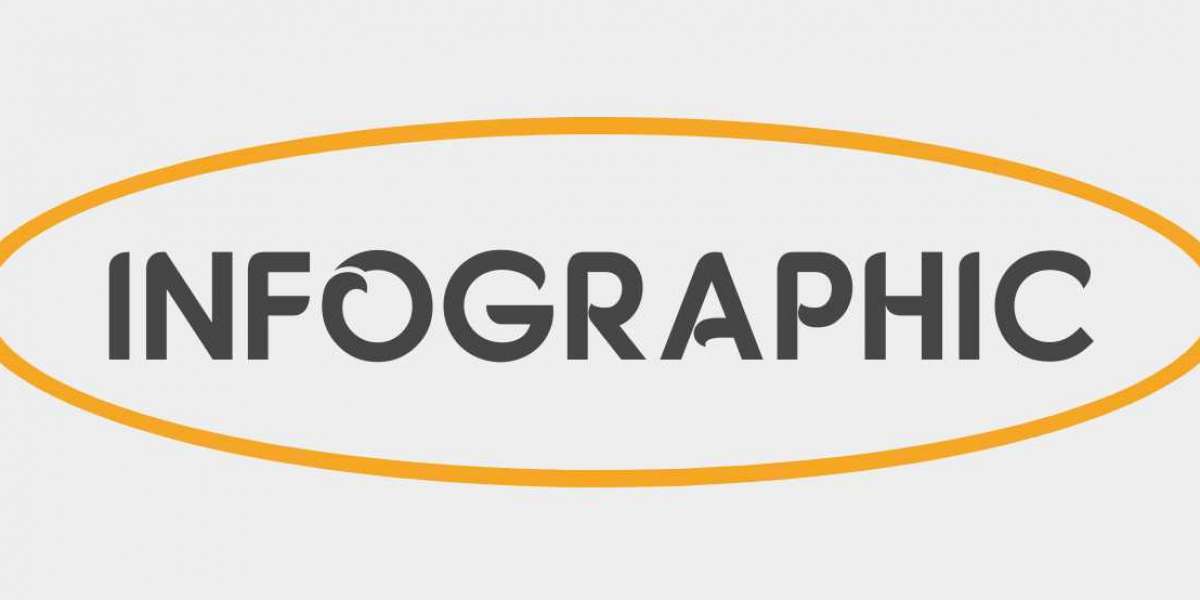
Water quality plays a crucial role in maintaining a healthy home, ensuring the longevity of appliances, and providing a better experience for daily household activities like cooking, bathing, and laundry. Hard water, which contains high levels of minerals like calcium and magnesium, can cause a range of problems, from scale buildup in pipes to dry skin and dull-looking laundry. Homeowners seeking an efficient and cost-effective solution often turn to water softeners. However, traditional softeners may not address all concerns, leading many to explore Residential Hybrid Water Softeners as a more advanced alternative.
What Is a Residential Hybrid Water Softener?
A Residential Hybrid Water Softener is an innovative system that combines traditional water-softening technology with additional filtration or conditioning capabilities. Unlike standard water softeners that rely on ion exchange to remove hardness minerals, hybrid systems often include features such as carbon filtration, salt-free softening options, and even reverse osmosis for enhanced water purification. These systems not only prevent scale buildup but also improve water taste, reduce contaminants, and extend the life of plumbing and appliances.
Hybrid water softeners are particularly beneficial for homeowners looking for a comprehensive water treatment solution. They address common concerns such as chlorine removal, iron filtration, and even microbial purification, making them a great choice for households with varying water quality needs.
How Does a Hybrid Water Softener Work?
A hybrid system operates similarly to a conventional water softener but with additional filtration stages to provide superior water quality. Here’s a breakdown of the process:
- Pre-Filtration: Removes larger sediments and debris before water enters the softening system.
- Ion Exchange: Traditional softening methods exchange hardness minerals (calcium and magnesium) with sodium or potassium.
- Additional Filtration: Some hybrid models include activated carbon filters to remove chlorine, organic compounds, and other contaminants.
- Conditioning or Salt-Free Softening: Some systems use template-assisted crystallization (TAC) or electronic descaling to condition water without adding sodium.
- Final Filtration: In advanced hybrid systems, a final filter may be included to remove any remaining impurities.
Benefits of Using a Residential Hybrid Water Softener
Investing in a hybrid system comes with a variety of advantages:
- Superior Water Quality – The additional filtration components ensure cleaner, safer, and better-tasting water for drinking and cooking.
- Reduced Scale Buildup – Hard water can lead to mineral deposits in pipes and appliances, reducing efficiency and leading to costly repairs. Hybrid softeners prevent this issue.
- Healthier Skin and Hair – Softened and filtered water helps maintain moisture in the skin and hair, preventing dryness and irritation.
- Eco-Friendly Options – Some hybrid softeners operate without salt, reducing sodium discharge into the environment.
- Longer Appliance Lifespan – Dishwashers, washing machines, and water heaters work more efficiently with softened water, leading to reduced energy consumption and extended longevity.
- Minimal Maintenance – Many hybrid systems require less frequent maintenance compared to traditional water softeners.
Choosing the Right Hybrid Water Softener for Your Home
When selecting a hybrid water softener, consider the following factors:
- Water Hardness Level: Have your water tested to determine the hardness level and any additional contaminants that need filtration.
- Household Size: The number of people in your household determines the system capacity you need. Larger families require a unit with a higher grain capacity.
- Additional Filtration Needs: If you’re concerned about chlorine, iron, or bacteria, choose a model with extra filtration capabilities.
- Salt-Based vs. Salt-Free: Some hybrid systems use traditional salt-based softening, while others offer salt-free conditioning. Determine which best fits your lifestyle.
- Budget and Maintenance: Compare costs and maintenance requirements. Some systems may have higher upfront costs but lower maintenance over time.
Installation and Maintenance Tips
Hybrid water softeners are designed for easy installation, often requiring minimal plumbing modifications. Here are a few tips to ensure optimal performance:
- Professional Installation: While some models are DIY-friendly, professional installation ensures proper setup and functionality.
- Regular Filter Changes: Depending on the system, filters may need to be changed every 3–6 months to maintain efficiency.
- Salt or Resin Maintenance: If using a salt-based system, check salt levels regularly and clean the brine tank as needed.
- Periodic System Flush: Some hybrid systems require periodic flushing to remove built-up sediment or scale.
Conclusion
A Residential Hybrid Water Softener is a smart investment for homeowners looking to improve water quality while maintaining efficient plumbing and appliance performance. With a combination of traditional softening and advanced filtration, hybrid systems provide a comprehensive solution for hard water problems. Whether you're concerned about scale buildup, chlorine taste, or overall water purity, a hybrid system offers flexibility and long-term benefits for your home.



